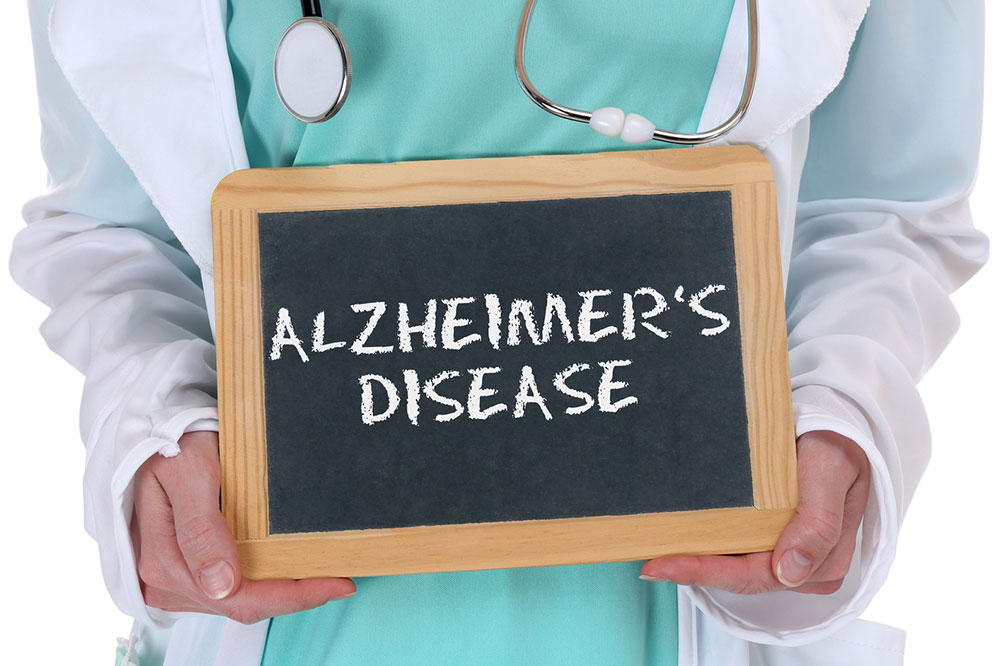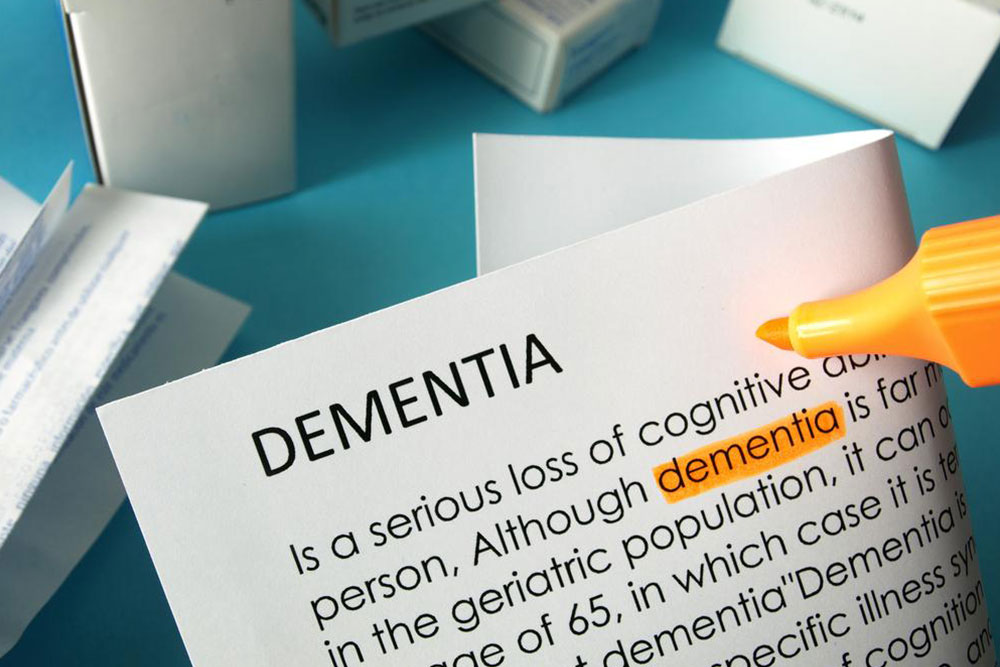Understanding Alzheimer's Disease: Stages, Causes, Symptoms, and Management
Explore the comprehensive overview of Alzheimer's disease, including its stages, causes, key symptoms, and treatment options. This article highlights the importance of early detection and lifestyle approaches to managing the disease, emphasizing ongoing research and therapies aimed at improving quality of life for affected individuals.

Understanding Alzheimer's Disease: Stages, Causes, Symptoms, and Management
Alzheimer's disease is a neurological condition that progressively damages brain cells, leading to memory loss and cognitive decline. Predominantly affecting older adults, this condition is also known as dementia. Currently, approximately 80% of the population is impacted by Alzheimer's, and this number is projected to double by 2050. Early symptoms are often subtle, making diagnosis difficult, but as the disease advances, the severity increases significantly.
Alzheimer's progresses through distinct stages, including:
Preclinical stage
Mild cognitive impairment
Dementia
Furthermore, the disease can be categorized into seven stages based on symptom severity.
What Causes Alzheimer’s?
The primary cause involves malfunctioning brain cells. Over time, nerve cells deteriorate and die, leading to reduced brain tissue. Autopsies reveal that affected individuals have fewer nerve cells and deposits called plaques and tangles, primarily composed of beta-amyloid and tau proteins. While the exact cause remains unclear, risk factors include:
Family history
Advanced age
Specific genetic markers
Poor cardiovascular health
Recognizing Symptoms
Early detection is vital for managing Alzheimer's. Common signs include:
Difficulty remembering recent information
Problems recognizing familiar faces
Speech hesitation and reading or writing issues
Behavioral changes such as apathy and social withdrawal
Poor judgment and problem-solving skills
Available Treatments
While no cure exists, therapies aim to slow progression. Medications like tacrine, donepezil, and rivastigmine can reduce symptoms, and NMDA receptor antagonists may be prescribed if needed. Additionally, engaging in group and cognitive activities can help maintain brain function and delay symptom severity.
Note:
This blog provides broad insights on health topics, based on researched data. It is informational and not a substitute for professional medical advice. The website disclaims responsibility for data inaccuracies or variations, and readers should consult healthcare professionals for personalized guidance.










